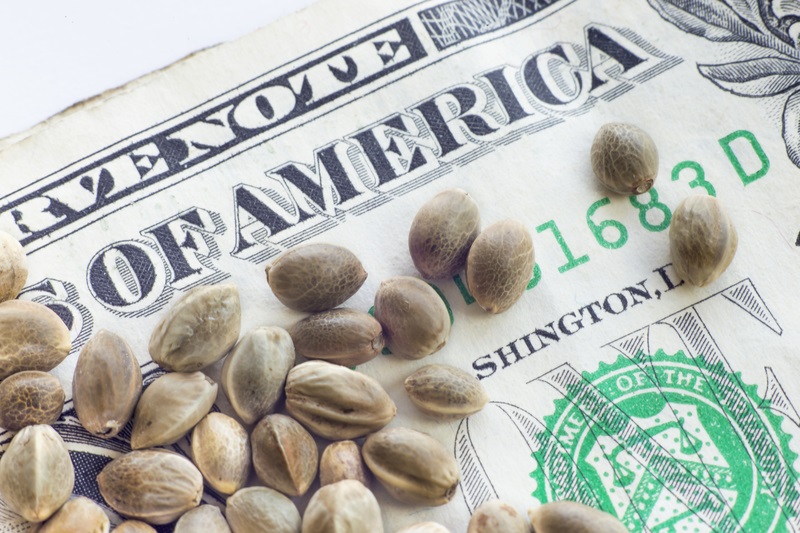NCUA Issues Banking Guidelines for Hemp Businesses

While the SAFE Banking Act remains in limbo, the hemp industry received some long overdue good news regarding banking cannabis businesses from the National Credit Union Administration (“NCUA”) with the release of interim guidelines that allow credit unions to provide banking services, including loans, to legally operating hemp businesses. These guidelines will be updated if needed, once the U.S. Department of Agriculture (“USDA”) issues forthcoming regulations and guidelines as required by the 2018 Farm Bill.
Background
The NCUA was spurred to action by the glaring need for the growing hemp industry to utilize traditional banking services, triggered by the fact that the crop and its derivatives were de-scheduled under the 2018 Farm Bill. The “Interim Guidance on Serving Hemp Businesses” issued by the NCUA permits credit unions to “provide the customary range of financial services for business accounts, including loans, to lawfully operating hemp-related businesses within their fields of membership.”
What's New
Credit unions will still need to comply with the Bank Secrecy Act (“BSA”) and with Anti-Money Laundering (“AML”) requirements, including filing Suspicious Activity Reports (“SARs”) for any activity that appears to involve potential money laundering. However, under the NCUA’s guidance, SARs need not be filed simply to report on the banking activities of hemp-related businesses operating lawfully (provided the activity is not unusual for that business). Because the USDA has not yet issued regulations under the 2018 Farm Bill, credit unions will need to ensure that its hemp-related business members are in compliance with the applicable state and federal laws, regulations, and agreements under the 2014 Farm Bill. In particular, credit unions must verify that the member is a licensed cultivator under the 2014 Farm Bill pilot program.
When meeting with prospective borrowers/customers involved in the hemp business for purposes of establishing a banking relationship or making a loan, credit unions must consider the following:
Location and License
The hemp must be produced in a state that authorized production of hemp under the 2014 Farm Bill. The credit union should obtain a copy of the license maintained by each hemp cultivator or processor involved in the cultivation of the hemp or in the production of a consumer product.
Supply Chain
Credit unions should confirm that the member’s supply chain activities are compliant with state law. In particular, the credit union should confirm that the member’s customers are authorized to purchase or transport hemp, and credit unions can request copies of the license or permits of such buyers.
Products
Under the Food and Drug Administration’s (“FDA”) current regulations, CBD products derived from hemp cannot be added to food, dietary supplements, or unapproved drugs. Credit unions will need to investigate the products sold by their members to make sure that their products do not violate the FDA’s current position. Importantly, the credit union should verify that its members are not asserting health claims in their marketing and labeling.
Stay Current
Finally, each state differs on how they regulate hemp and CBD products derived from hemp (i.e. THC testing standards, labeling and packaging requirements, manufacturing standards for the production of hemp and/or CBD products). Further, the FDA has signaled that it may provide new guidelines on the regulation of CBD products this fall. Should the FDA permit certain types of CBD products, credit unions will be able to serve even more hemp-related businesses. The ever-evolving nature of the federal and state regulation of the hemp industry requires that credit unions diligently monitor these changes in partnership with their legal counsel. It is important that credit unions stay current with the constant changes to ensure that they are serving their members while also remaining compliant with federal and state regulations.



